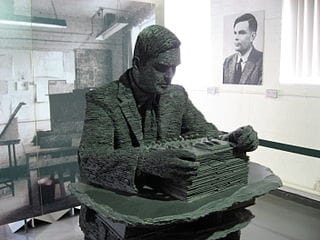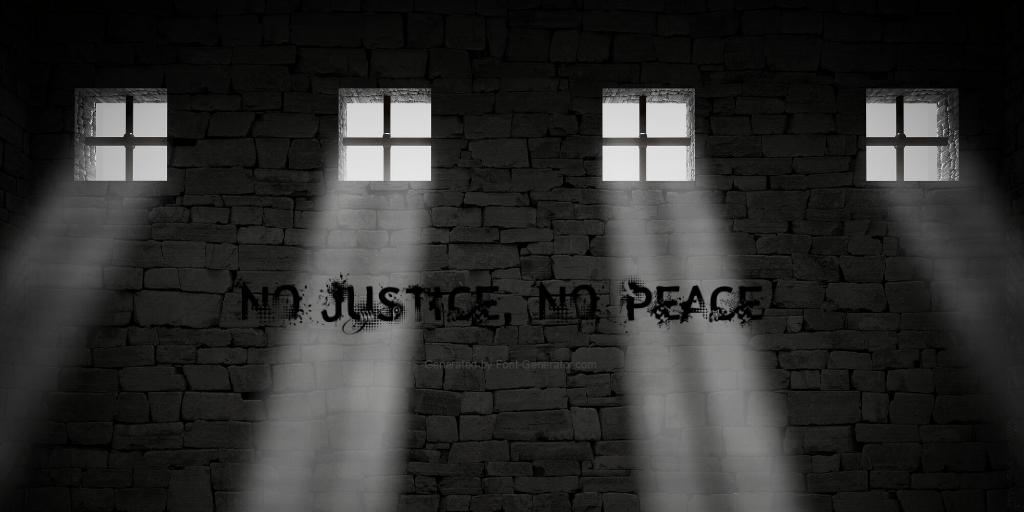Too Hard to Solve


This morning I learned that computer scientists believe some problems are simply too hard to solve.
It is called Turing's Halting Problem.
It excites me to know that people of sound mind are able to accept this theory yet, at the same time, ignore it.
I find it interesting that the halting problem doesn't appear to bother society as it relates to science. We do not teach children that science is bogus simply because there are problems which remain unsolved and mysteries still awaiting discovery.
I also find it intriguing that the theory has not discouraged computer scientists from continuing to solve the problems they can solve. They are not deterred by the unsolvable. They simply move on.
Isn't that brilliant?
I actually feel like shouting from the rooftops, "HURRAH to the universe!"
How is it then, that society generally rejects Turing's theory in the yet unsolvable matter of God? Why are computer scientists considered reasonable, logical, intelligent while people of faith are looked down upon by many, as illogical, weak-minded, socially backward, intellectually inferior?
[I blame the Republican party]
In turn, why is it people of faith often denounce science as faithless, cold, uninspired? Shouldn't science and spirituality walk hand in hand together down the path of mortal existence and universal discovery?
Thank heaven scientists have not been socially, emotionally, and intellectually burdened with the same inhibitions as the God fearing, else we would still be living in the Stone Age. The beauty and freedom of science is the ability to experiment endlessly, to view mistakes as progress rather than failure, and to truly believe you will find an answer in the end.
I see no difference between faith in science or in God. Isn't science the pursuit of truth? And spirituality the same? Isn't God the source of all truth? Don't the same principles apply? I cannot understand how a person can choose one and reject the other.
Religion, of course, is an entirely different matter. Just as there are different schools of thought in science, so it is with religion. In the end, religion does not change God any more than the different schools of science change truth.
I don't know the answers to life, God, or science, but the thought of unsolvable problems does not keep me from trying to figure out all I am capable of discovering.
In the end, it appears society is generally as accepting of the unknown as the United Kingdom was of Alan Turing.




Comments ()